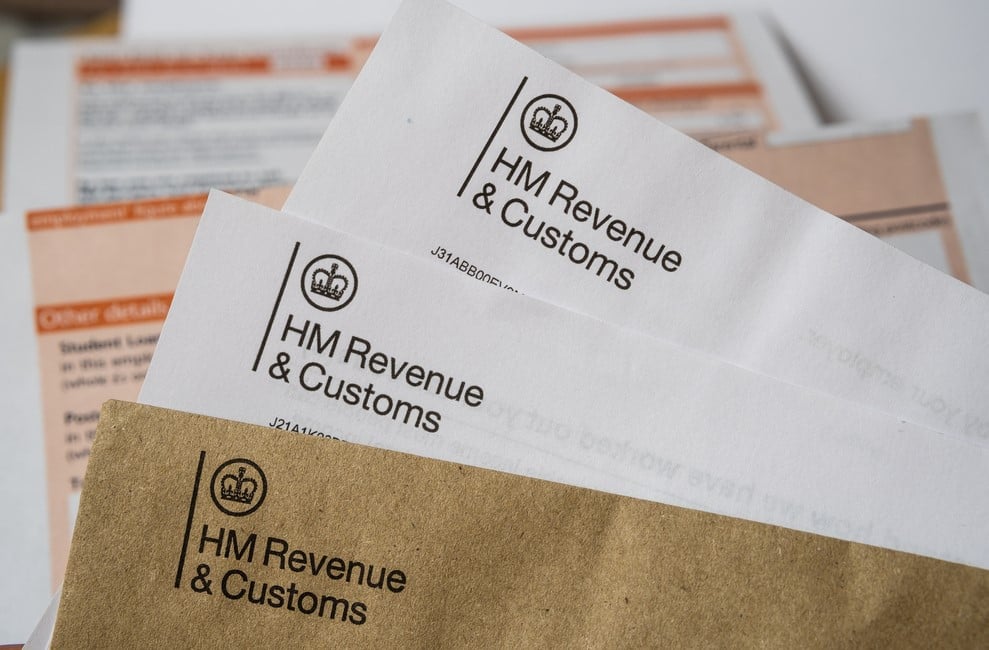Obtaining a letter from HM Revenue & Customs can often propagate ripples of anxiety across anyone’s day. Generally, these correspondences appear in various forms, but one type that may land in your mailbox is the so-called “nudge letter.” Crafted to alert or urge taxpayers about their fiscal responsibilities, particularly pertaining to undeclared income, grasping your HMRC nudge letter is crucial to ensure you’re satisfying your tax obligations efficiently.
What precisely is an HMRC Nudge Letter?
A nudge letter from HMRC is essentially a preventive measure rather than an blaming one. These letters are part of HMRC’s strategy to encourage taxpayers to freely rectify any inconsistencies in their tax reports, especially focusing on foreign income that could not have been fully declared. Unlike formal audit letters, a nudge letter does not mean there is an current investigation into your tax affairs. Instead, it functions as a soft nudge that HMRC has data implying there may be undeclared income.

What’s the reason You Got This?
If you’ve found one notices in your post, it’s probably because HMRC has received data which possibly clashes with the data you’ve sent, or indicates there may be extra sources of income that need to be accounted for. Common triggers for issuing a nudge letter involve discrepancies observed in the information provided by foreign tax authorities or financial institutions concerning overseas income.
Interpreting the Message
The primary content of a nudge letter usually includes a alert about the significance of declaring all relevant revenues; a prompt that errors should be fixed; and at times, links to guides on the best way to handle disclosing undisclosed income. It’s vital to check the details stated about the suspected undisclosed income carefully and ascertain whether it relates to your case.
Following Measures: What precisely Should You Execute?
Upon receiving a nudge letter, taking active steps is vital:
Review your Tax Documents: Double-check your prior submissions to ensure all income sources were declared accurately. Give particular attention to any kind of overseas income.
Consult a Tax Consultant: If there’s any doubt about how to proceed or if amendments are, consulting with a tax professional can provide clarity and guidance.
Reply Promptly: Follow any kind of instructions provided in the notice regarding deadlines for reply. Engaging cooperatively with HMRC could frequently prevent further complications or queries.
Rectify Each Inaccuracies: If you uncover oversights or neglected information, opt for prompt moves to fix it. This often entails registering adjusted returns and joining forces fully with HMRC.
Precaution is Superior Rather than Remedy
To prevent upcoming HMRC nudge letters, preserving detailed and precise records of each domestic and global income is sensible. Frequently updating tax filings and assuring total transparency can help evade the strain associated with such checks from the tax authorities.
Navigating tax matters may seem overwhelming, especially when it involves intricacies such as income from abroad. However, comprehending why you received an Her Majesty’s Revenue and Customs nudge letter and being aware of how to react adequately might not only aid in resolving potential issues promptly but also strengthen your commitment to careful monetary conformity. Bear in mind, HMRC employs these letters to help taxpayers in keeping on top rather than penalizing them unexpectedly.
For more details about HMRC nudge letter check out our web page
